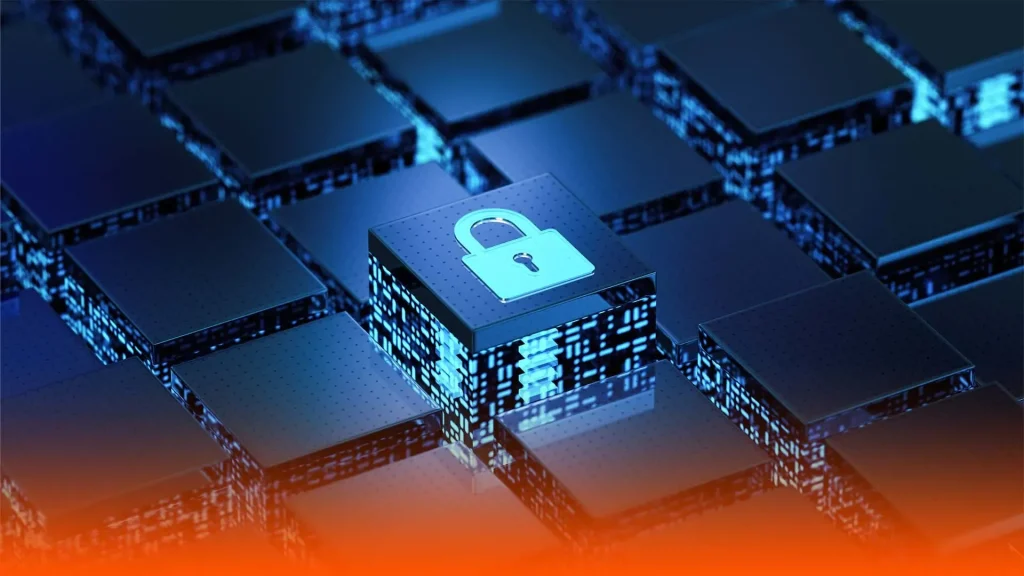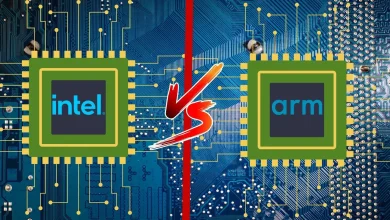
Will Quantum Internet Make Hacking Impossible?
Can the quantum internet truly stop hackers in their tracks? Discover how it works—and what risks remain in a post-quantum world.
In the future of the quantum internet, data breaches and cyberattacks will become things of history. Due to its use of quantum physics in security, it may foil all previous hacking methods. Nevertheless, the impressive possibilities are not achieved by remaining completely invincible.
The main idea behind the quantum internet is quantum key distribution (QKD). Rather than using complex math, QKD uses photons to provide encryption keys. Any attempt to break into these keys would change their state and attract the notice of the intended people.
Quantum Defense: Better, But Not Perfect
Although the quantum internet is said to be unhackable by many, this is not exactly true. Quantum calculations make it almost impossible to break into, but it still leaves other vulnerabilities unprotected. Devices relying on QKD need to include classical systems that may be compromised.
According to researchers, early versions of quantum internet being tested had some problems, mainly in how the information received is handled and kept secure after its transfer. A quantum link might still be compromised by problems with people, technology, or the hardware.

Racing Against Quantum-Enabled Hackers
It is rather ironic that quantum communication is both what makes the quantum internet possible and what causes new threats to cybersecurity. Within minutes, quantum computers could unravel today’s encryption codes, so financial information, medical data, and government secrets would become at risk. For this reason, many countries are working together to create a quantum internet.
Both governments and private businesses are spending huge amounts on building QKD networks ahead of the rise in quantum hacking. First of its kind, quantum-safe communication lines are being tried out already in places including China, the U.S., and some parts of the EU. The aim is to always have an advantage over the competition in the digital world.

What’s Still Missing?
Despite recent progress, the quantum internet is still far away from being widely used. Building networks that are stable and can grow is a hard task. Over distance, quantum signals suffers degradation and uses technology known as quantum repeaters, which are in the process of development.
Another thing to consider is how cities are integrated. The quantum internet will have to work in addition to the infrastructure people are already using. It requires using systems that combine classical and quantum techniques, every technique having its own problems. While the quantum part is protected, the classical aspect may still be open to attack by experienced hackers.
Cybersecurity will see a huge improvement with the quantum internet, allowing for better private online transactions. However, describing it as “unhackable” makes the problem look much easier than it really is. It provides increased protection, but it is not the ultimate solution.
There is a strong chance that the advantage between hackers and cybersecurity professionals will swing suddenly in the coming years. The exact impact of the quantum internet on hacking will be determined by the care we take when building and implementing it.



